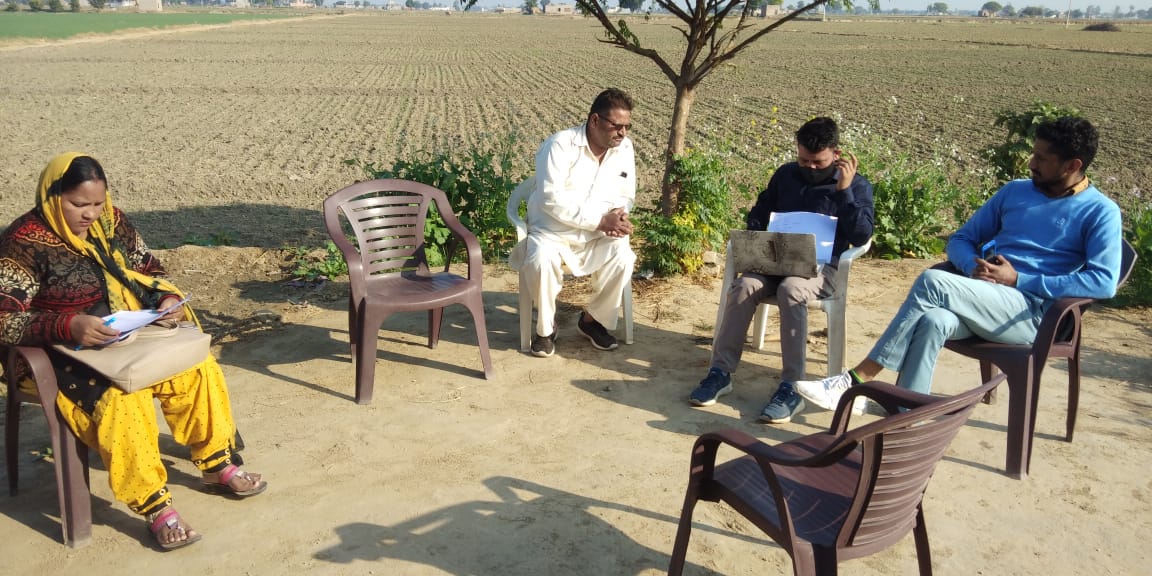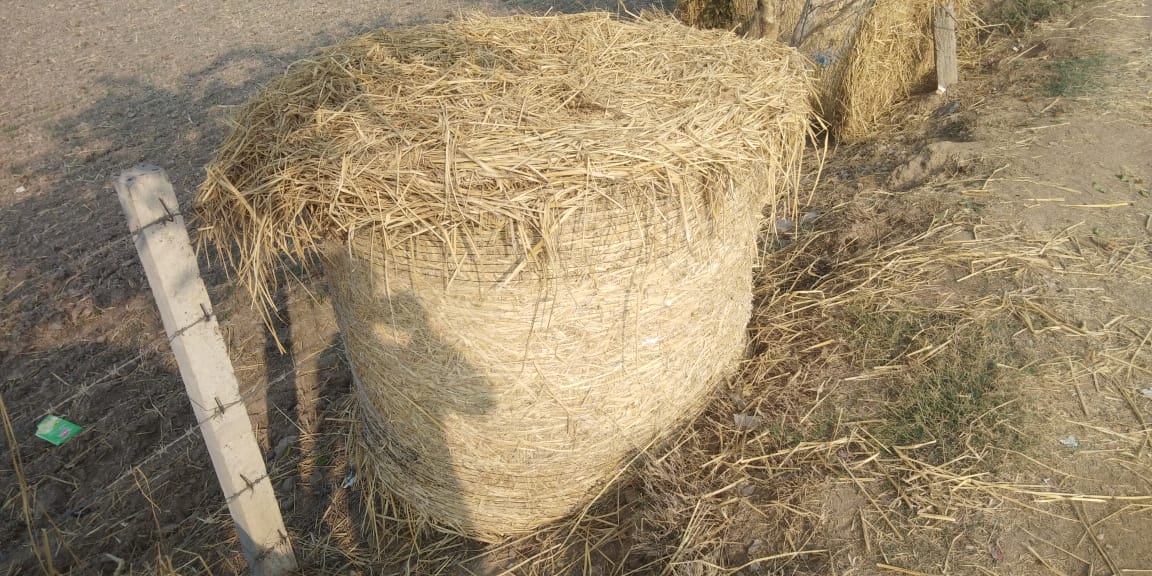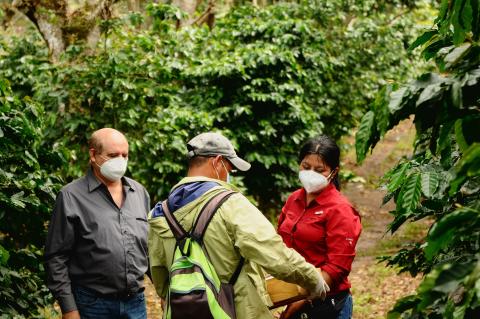Първите 1,045 производители на ориз вече могат да продават ‘SRP-Verified’ ориз
Оризът става все по-устойчив с всеки изминал ден, тъй като първите производители на орис в Индия са проверени от екомаркировката на Sustainable Rice Platform (SRP), подкрепена от ООН.
Responsible for a significant share of global greenhouse emissions, rice has begun a journey towards sustainability:
By use of alternate wetting and drying (AWD) methods of irrigation, reducing use of pesticides and using leftover rice straw for feedstock and biomass rather than burning it in the fields, thousands of small farmers will now be contributing to global climate goals by following the standards of the Sustainable Rice Platform (SRP) - a UN-backed scheme.
“Rice production is using up to 30-40 percent of the world’s freshwater resources and is both a contributor and victim of climate change. Adoption of climate-smart sustainable best practices in rice will make a critical contribution to a more sustainable global food system, and we are proud to see small farmers lead this transformation,” said Wyn Ellis, Executive Director of the Sustainable Rice Platform.
‘History in the making’
The SRP Standard for Sustainable Rice Cultivation was originally conceived by the United Nations Environment Programme (UNEP), the International Rice Research Institute (IRRI), GIZ and the international development community. The SRP Assurance Scheme launched in September 2020 is based on the Standard and the development received technical supported from Preferred by Nature.
According to Executive Director Peter Feilberg, approving the first sustainable rice farms ‘feels like history in the making.’
“Rice has a significant impact on our climate and environment. We are immensely proud to be able to help these farmers, who are taking the first steps in transforming the entire sector by adopting more sustainable practices,” said Peter Feilberg.
Preferred by Nature is the first verification body approved to audit rice farmers with the new ecolabel.
"As a mission driven organisation, we saw this as an area of great area of interest. The Sustainable Rice Platform has a potential for significantly improving the lives of rice farmers, while reducing emissions and improving our climate. We hope our first audits in India will inspire others to follow and make this important scheme a global success," said Peter Feilberg.

In India, senior auditor for Preferred by Nature, Aadarsh Mohandas, has been busy overseeing the auditing of a sample group of farmers, to check their compliance with the SRP Standard.
“None of them had burned the stubble on the field, all the rice straw had been used for feeding cattle and all of them were practicing the recommended system of alternate wetting and drying. We are very pleased with the result of the first audits,” said Aadarsh Mohandas.

The sample group represents a total of 1,045 farms in India, which are supplying LT Foods – one of the first movers with the new ecolabel, not only in their home markets, but globally.
SRP rice in German Lidl stores
While crops more typically linked to deforestation and habitat loss such as soy and palm oil have received significant attention from media, activists and funding agencies over the past decades, the critical role and importance of the rice sector to the global food system, and its climate and environmental footprint are only now becoming more widely recognised.
With German retail giant Lidl soon to be introducing SRP-Verified rice in its stores in Germany, the new ecolabel certainly has transformative potential, according to Wyn Ellis.
“Rice has an important role in climate change, food and water security and biodiversity. However, because of its deep-seated importance as part of the social fabric in Asia, rice production is linked to a wide range of social and environmental impacts covered by the UN Sustainable Development Goals (SDGs). Rice therefore offers an important entry point to contribute to these SDGs, and SRP’s practical tools are designed to be used by all kinds of organisations to make a real difference,” said Wyn Ellis.
The SRP assurance programme is operated by Global GAP, the Worldwide Standard for Good Agricultural Practice. SRP’s goal is to reach 1 million rice smallholders by 2023.
About Preferred by Nature
Preferred by Nature is a non-profit organisation working to support better land management and business practices that benefit people, nature and the climate in 100+ countries.
Contact: pfeilberg@preferredbynature.org
About the Sustainable Rice Platform
The Sustainable Rice Platform (SRP) is a global multi‐stakeholder alliance of over 100 institutional members from public, private, research, civil society and the financial sector. The SRP initiative was originally co‐convened by the International Rice Research Institute (IRRI), the United Nations Environment Programme (UNEP) and Deutsche Gesellschaft für Internationale Zusammenarbeit (GIZ) GmbH (GIZ) and is now an independent member association.
SRP works with partners to transform the global rice sector by improving smallholder livelihoods, reducing the social, environmental and climate footprint of rice production; and by offering the global rice market an assured supply of sustainably produced rice.
Contact: Secretariat@sustainablerice.org
Top photo: iStock
